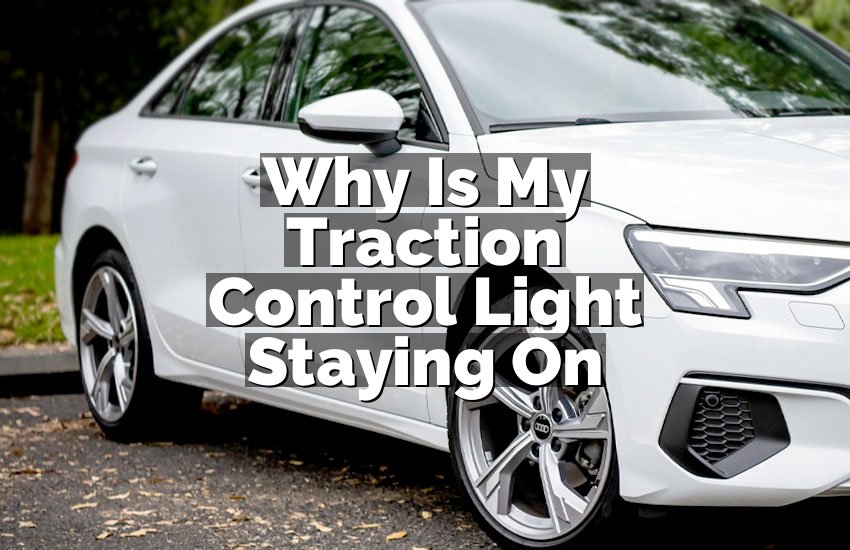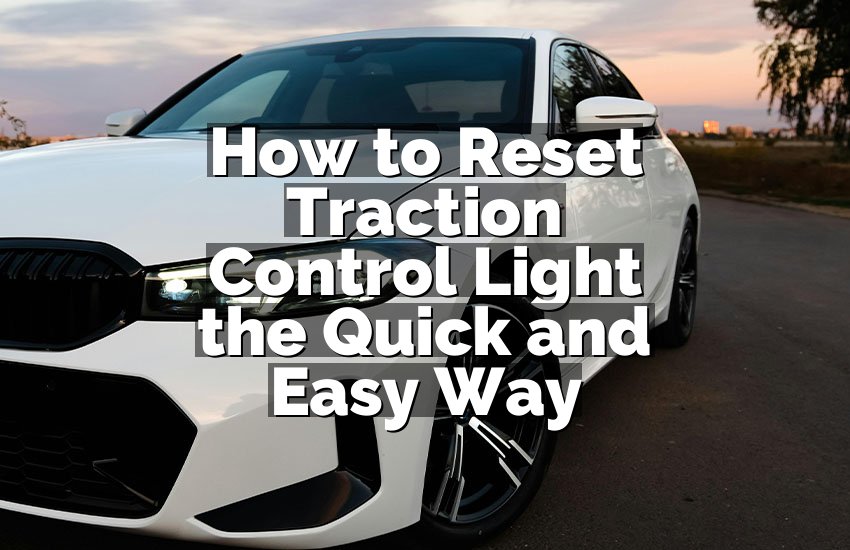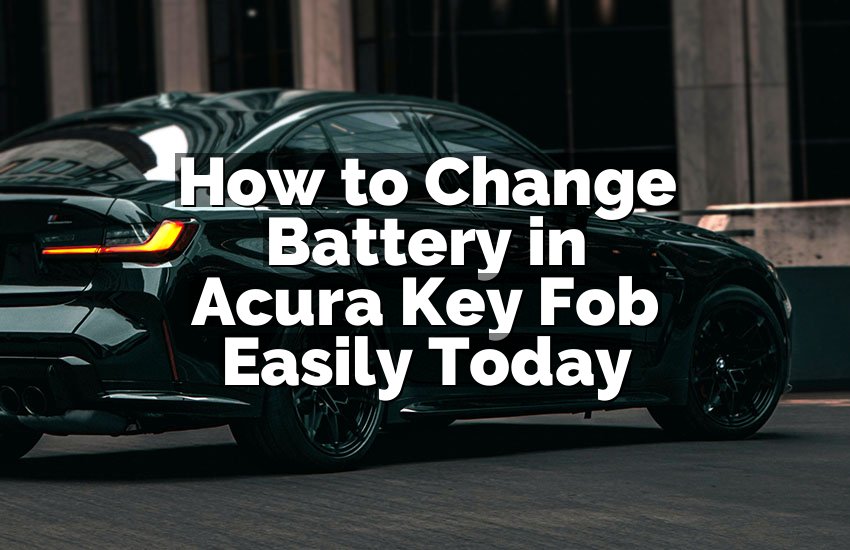A car battery may not hold a charge if it is old, damaged, or not receiving a proper charge from the alternator. Issues such as corrosion on battery terminals or a faulty charging system can also contribute to the problem.
When a car battery won’t hold a charge, it can be frustrating and inconvenient. However, understanding the reasons behind this issue can help in addressing and preventing it. Several factors, including age, damage, and charging system problems, can lead to a weak or dead battery.
By identifying and addressing these factors, you can ensure your car battery holds a charge and functions optimally. We will explore the common reasons why a car battery won’t hold a charge and provide practical tips to maintain and troubleshoot this vital component of your vehicle.
Common Causes Of Car Battery Not Holding A Charge
When your car battery won’t hold a charge, there are several common reasons that could be causing the issue. These include the age of the battery, a faulty charging system, and more.
Age Of The Battery
Faulty Charging System

Credit: www.colonyoneauto.com
Effects Of Extreme Weather On Car Batteries
Extreme weather conditions can have a significant impact on the performance and lifespan of car batteries. Whether it’s bone-chilling cold or scorching heat, these weather extremes can cause a car battery to struggle, leaving you stranded and in need of a jumpstart. In this blog post, we will explore the effects of extreme weather on car batteries, specifically focusing on the impact of cold weather and the impact of hot weather.
Impact Of Cold Weather
Cold weather can be particularly harsh on car batteries, even leading to their failure. Here are some reasons why:
- Chemical Processes: Cold temperatures slow down the chemical reactions that take place inside the battery, making it less efficient in delivering power to start the engine.
- Reduced Battery Capacity: In low temperatures, a car battery’s capacity is significantly reduced. This means it may not be able to hold as much charge as it would in milder weather conditions.
- Increase in Internal Resistance: Cold weather causes an increase in the internal resistance of the battery, making it harder for the battery to supply the necessary power to start the engine.
With these factors combined, it’s no surprise that cold weather can leave your car battery struggling to hold a charge or even completely drained.
Impact Of Hot Weather
While we often associate cold weather with car battery issues, hot weather can also take a toll on battery performance. Here’s how:
- Fluid Evaporation: In hot weather, the fluid inside the battery can evaporate, causing a decrease in battery capacity and potentially lead to damage.
- Increased Internal Resistance: Just like cold weather, hot temperatures can also increase the internal resistance of the battery, making it less efficient at delivering power.
- Accelerated Chemical Reactions: High temperatures can speed up chemical reactions inside the battery, causing the battery to deteriorate at a faster pace and reducing its overall lifespan.
In conclusion, while extreme weather conditions can have a negative impact on car batteries, proper maintenance and precautions can help mitigate these effects. Regularly checking the battery’s voltage, keeping it clean and securely fastened, and parking in shaded areas during hot weather are some steps you can take to increase your battery’s lifespan and ensure it holds a charge when you need it the most- in any weather condition.
Signs Of A Car Battery Problem
Car battery issues can be frustrating, leading to unexpected breakdowns and disruptions to your daily routine. Recognizing the signs of a car battery problem can help you take proactive steps to address the issue before it becomes a major inconvenience. Below, we’ll explore two common signs of a failing car battery to keep an eye out for.
Dim Headlights
If your vehicle’s headlights appear dim or flicker when you turn them on, it could indicate a problem with the car battery. Dim headlights are often one of the earliest signs of a failing battery, as the battery may not be providing enough power to keep the lights shining brightly. This issue can also affect interior lights and dashboard displays, so it’s essential to address dim headlights promptly to avoid further battery-related problems.
Slow Engine Crank
A slow engine crank is another indicator of potential car battery trouble. When you start your car and notice that the engine cranks slowly or takes longer than usual to start, it could signal a weakening battery. This occurs because the battery doesn’t have enough power to turn the engine over efficiently. Ignoring this sign may lead to being stranded with a car that won’t start, so it’s best to have the battery checked when you notice a slow engine crank.

Credit: www.youtube.com
Tips For Maintaining Car Battery Health
When it comes to keeping your car battery in robust condition, regular maintenance is key. By taking a proactive approach to maintenance, you can prevent issues such as a battery not holding a charge. Now, let’s dive into some essential tips for maintaining your car battery’s health.
Regular Inspections
Regular inspections are vital for ensuring that your car battery stays healthy and functional. Keep an eye out for any signs of corrosion on the battery terminals, as this can impede the flow of electricity.
Proper Terminal Cleaning
Proper cleaning of the battery terminals is crucial for maintaining a strong connection and preventing issues with the battery’s ability to hold a charge. Use a mixture of baking soda and water to clean the terminals thoroughly and ensure a clean, secure connection.
Importance Of Properly Charging A Car Battery
A properly charged car battery is crucial for optimal performance. If a car battery won’t hold a charge, it may indicate issues with the alternator, wiring, or other components that should be addressed promptly. Ensuring the battery is charged correctly is essential for a smooth-running vehicle.
A car battery plays a crucial role in powering the electrical components of your vehicle. However, a common issue that car owners often face is a battery that won’t hold a charge. This can be extremely frustrating and inconvenient, especially if you find yourself stranded with a dead battery. To avoid such a situation and ensure that your car battery performs optimally, it is important to understand the key factors that contribute to a battery’s charging capability.
Avoiding Overcharging
Overcharging a car battery can significantly reduce its lifespan and lead to permanent damage. Excessively high voltage can cause the battery to overheat, which can result in the evaporation of electrolyte, internal corrosion, and ultimately, a decreased capacity to hold a charge. To prevent overcharging, it is essential to use a charger with a built-in regulator that automatically adjusts the charging rate to match the battery’s requirements.
Using A Quality Charger
The quality of the charger you use to charge your car battery can greatly impact its performance and longevity. Investing in a high-quality charger is essential to ensure that the charging process is efficient and safe. A quality charger will not only provide the necessary voltage and current for charging but also offer additional features such as overcharge protection and automatic shut-off when the battery reaches full capacity. By using a reliable charger, you can minimize the risk of overcharging and prolong the lifespan of your car battery.
Factors Contributing To Excessive Battery Drain
Numerous factors can contribute to excessive battery drain in cars. Common issues include lights left on, faulty charging systems, parasitic draws, extreme temperatures, and old, worn-out batteries. These issues can result in a car battery being unable to hold a charge, requiring troubleshooting and potential replacement.
Parasitic Drains
Battery draining may be caused by parasitic drains, which are electrical components that continue to draw power even when the car is turned off.Electrical System Issues
Common electrical system issues, such as faulty alternators or voltage regulators, can lead to excessive battery drain.Frequent short trips without allowing the battery to fully recharge can also contribute to a car battery’s inability to hold a charge.Leaving interior or exterior lights on inadvertently introduces a constant draw on the battery, eventually leading to drain issues.Issues with the car’s charging system, like a malfunctioning alternator, can prevent the battery from charging properly.Corroded or loose battery connections can hinder the flow of electricity, resulting in battery drain.Excessive use of electronic components like the radio, air conditioning, or heated seats can strain the battery, leading to drain problems.Ensure that all aftermarket electronics are installed correctly and are not causing additional drain on the battery.Effects Of Frequent Short Trips On Car Batteries
When you frequently take short trips, it can have a significant impact on your car battery’s ability to hold a charge. Understanding the effects of these short trips is crucial to maintaining the health of your vehicle’s battery.
Limited Recharging Time
Short trips limit the battery’s recharging time, as the alternator needs sufficient duration to replenish the lost charge. This can lead to a gradual decline in the battery’s overall capacity over time.
Increased Wear
Frequent short trips can result in increased wear on the battery due to frequent discharge and recharge cycles. The continuous strain can shorten the battery’s lifespan and make it prone to premature failure.

Credit: resource-center.meineke.com
Conclusion
Car batteries can fail to hold a charge due to various reasons, including aging, electrical drain, and damage. Regular maintenance, such as cleaning the battery terminals and ensuring proper connections, can help prevent such issues. Additionally, avoiding excessive use of electrical accessories when the engine isn’t running and getting professional help to diagnose and address any underlying problems can extend the life of your car battery.
By understanding the causes and taking preventative measures, you can avoid the inconvenience of a dead battery and ensure a smooth ride.


